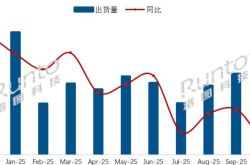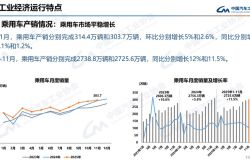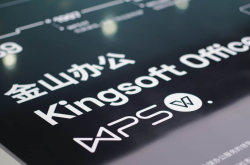Apple iPhone 17 Benchmark Scores Unveiled: A19 Pro Delivers Average CPU But Stellar GPU Performance
![]() 09/12 2025
09/12 2025
![]() 463
463
With the launch of the iPhone 17, Apple unveiled four proprietary chips: the A19, A19 Pro, C1X, and N1.
Among these, the A19 and A19 Pro chips function as the System on a Chip (SoC) for the phones, serving as the device's core. The C1X is specifically designed for Air models as a 5G baseband chip, an upgraded iteration of the C1 used in the previous iPhone 16e, and it replaces Qualcomm's baseband chip.
Meanwhile, the N1 chip is dedicated to wireless connectivity, handling Bluetooth, Wi-Fi, and other network connections, taking over from Broadcom's chip.
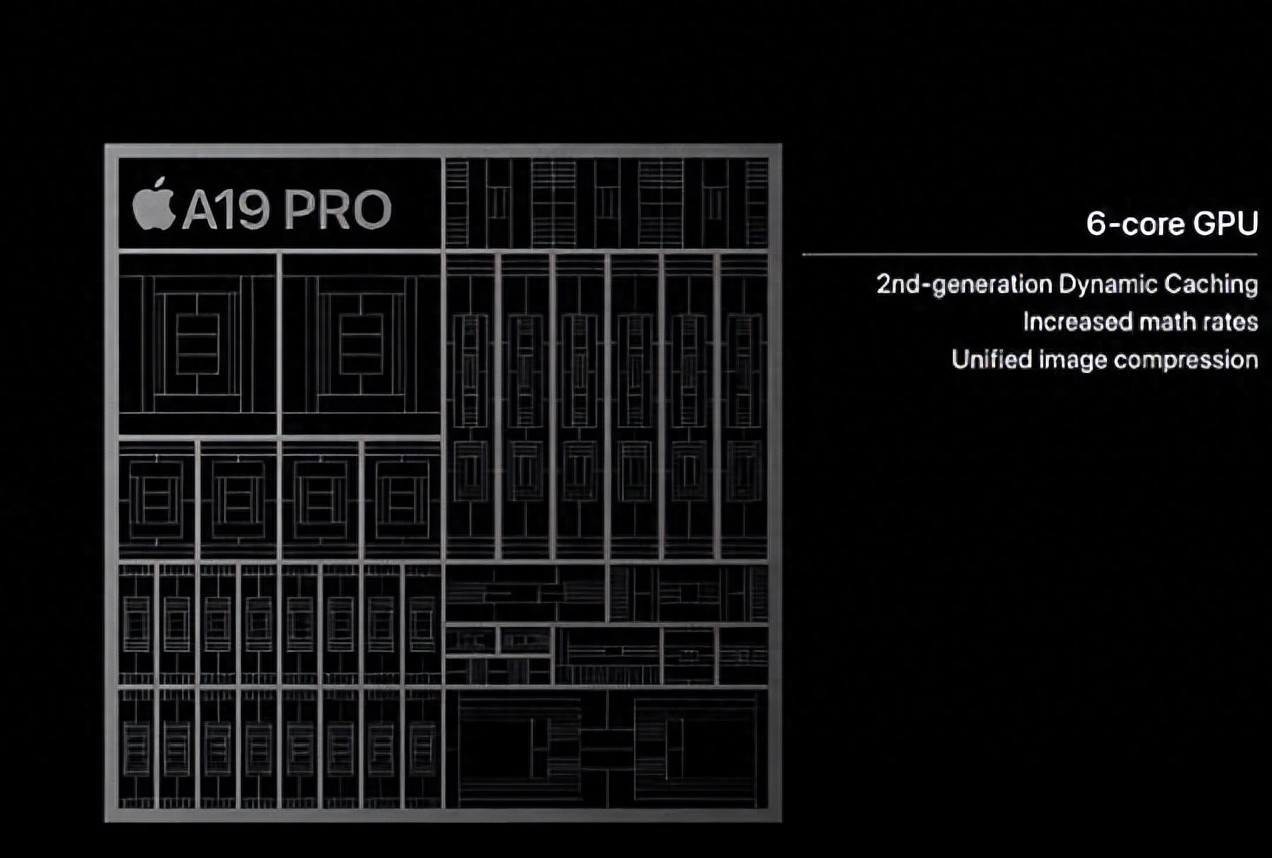
Naturally, the spotlight is on the A19 Pro's performance. Particularly in the Pro models, which incorporate a VC vapor chamber for significantly enhanced heat dissipation, the chip is poised to deliver its full potential.
Recently, benchmark scores from the renowned Geekbench software have finally surfaced, revealing Apple's true prowess.
According to the data, the A19 Pro equipped in the iPhone 17 Pro/Pro Max achieved a single-core score of 3895 and a multi-core score of 9746. In contrast, the previous generation's 18 Pro scored 3447 and 8576 for single-core and multi-core, respectively.
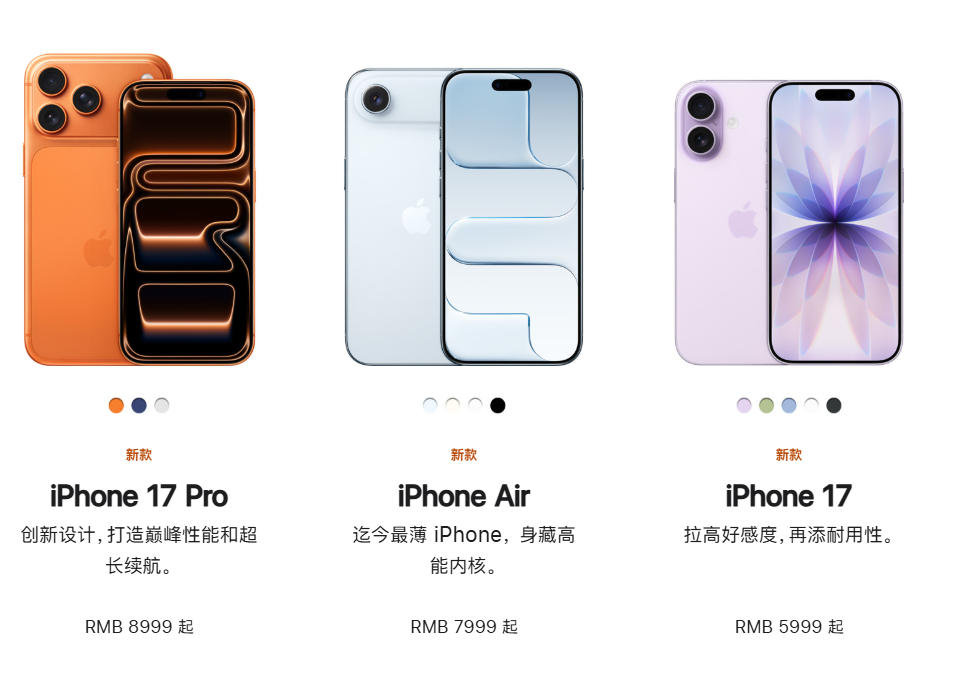
Compared to its predecessor, the Apple A19 Pro has seen a roughly 13% and 14% improvement in single-core and multi-core performance, respectively. Given that both chips utilize the same 3nm process, these enhancements are in line with expectations.
Now, let's turn our attention to Qualcomm's current flagship chip, the Snapdragon 8 Elite. It boasts a single-core score of 3228 and a multi-core score of 10688. Clearly, the Apple A19 Pro outperforms Qualcomm's offering by 20% in single-core performance but lags by around 10% in multi-core. However, it's worth noting that this is Qualcomm's previous-generation chip. Qualcomm's upcoming chip is anticipated to nearly match the single-core performance and surpass the multi-core performance by 10-15%.
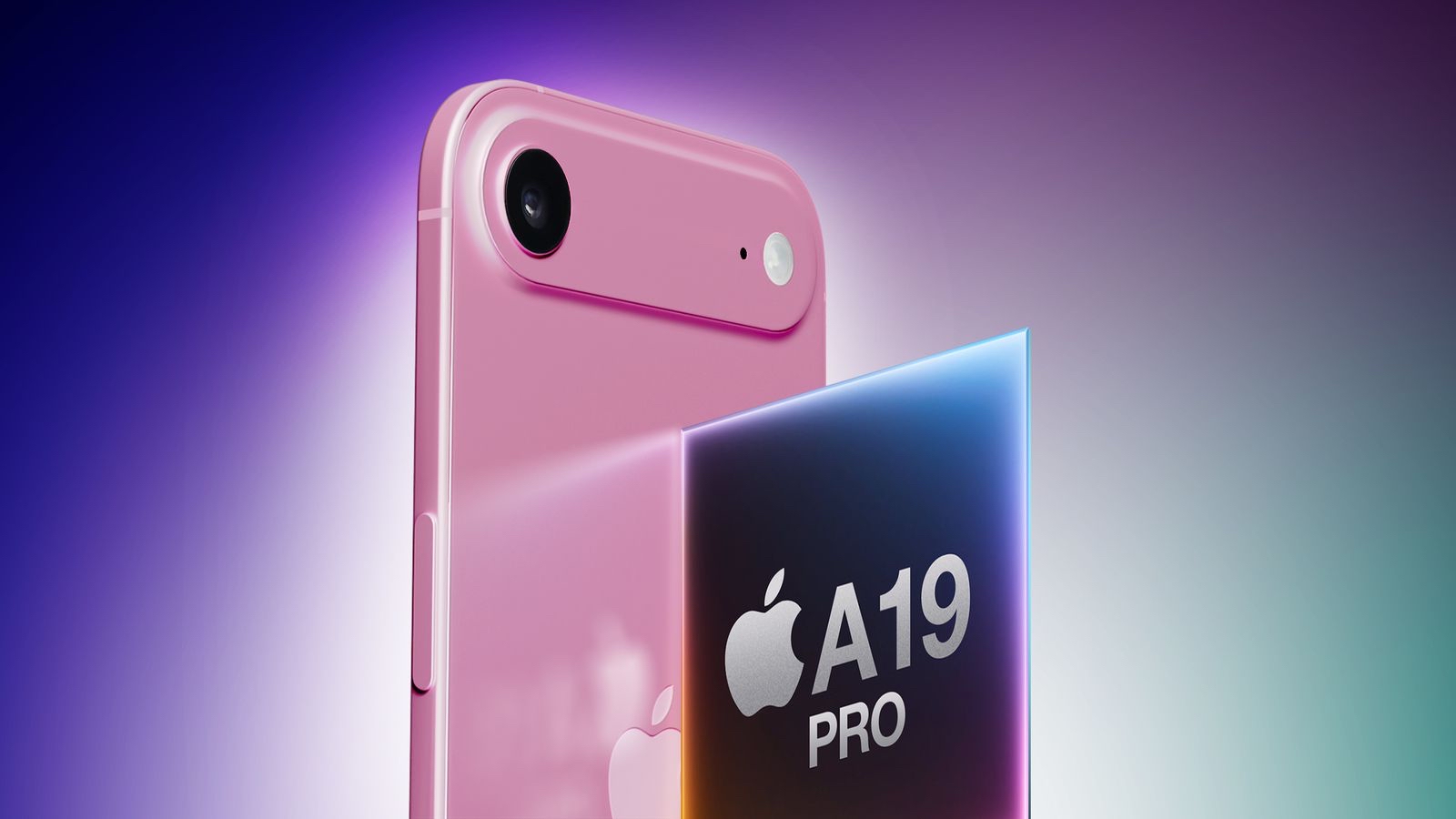
When it comes to GPU performance, there has been a substantial leap. According to the GeekBench 6.5.0 Metal benchmark, the score soared to a maximum of 45657, marking an approximate 40% increase compared to the 18 Pro's GPU. This translates to a significant boost in gaming performance, likely attributable to the improved heat dissipation.
It's clear that the Apple A19 Pro chip packs a punch. However, at this level of sophistication, substantial improvements become increasingly rare. For a first-generation upgrade, a 10-15% enhancement is quite commendable.
Regarding GPU performance, much of the progress can be credited to the enhanced heat dissipation, resulting in a 40% boost. This level of performance is satisfactory and aligns with expectations, offering no major surprises.

